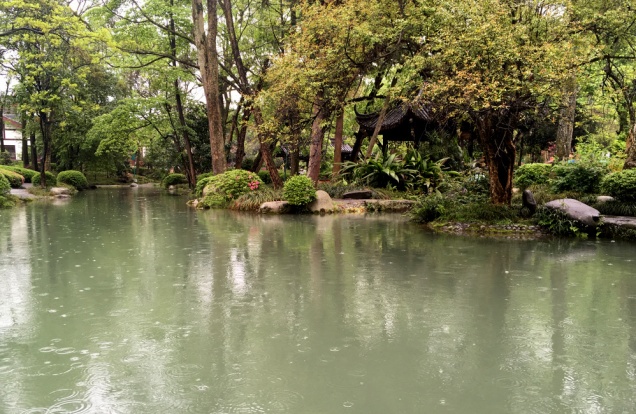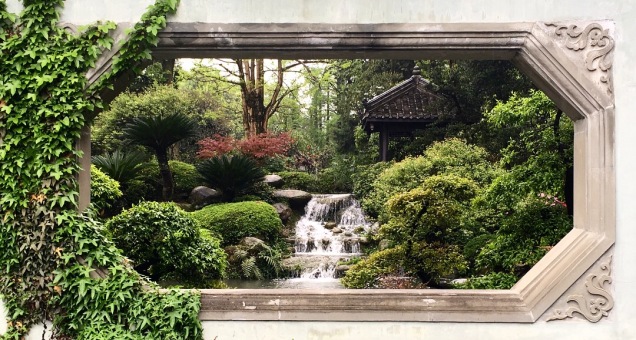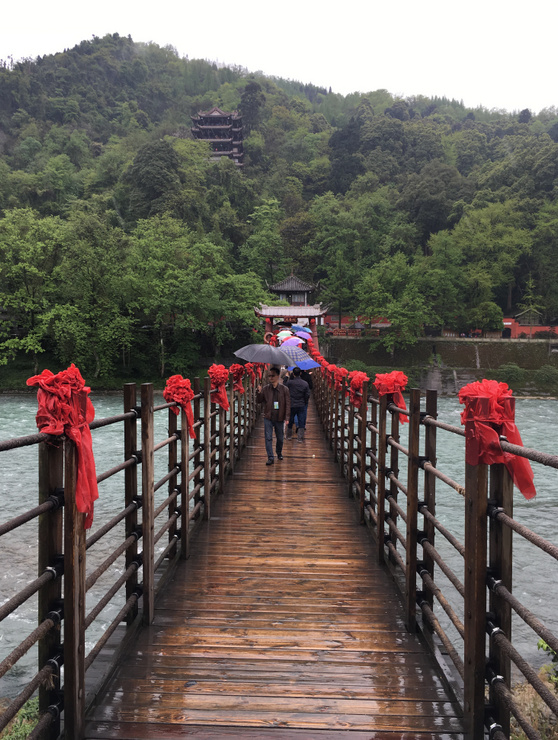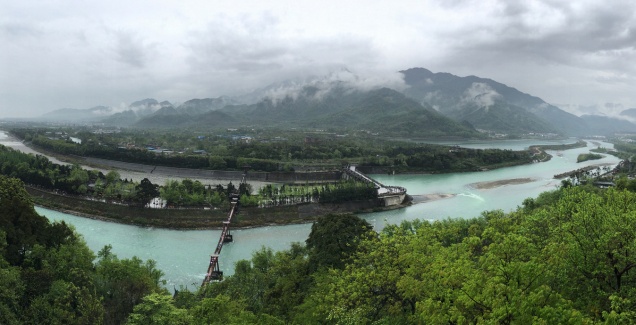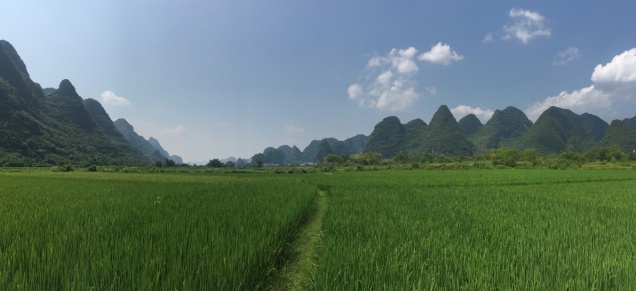 Looks like I saved the best trip for last! Guilin has been on my radar since 2009 when I first came to China as a study abroad student. I can still recall a mid October trip, where we had to choose between Gansu and Guilin. Thinking I would never have a chance to see Gansu again, I attended that trip instead (not knowing I would end up spending two years in Gansu for Peace Corps!)
Looks like I saved the best trip for last! Guilin has been on my radar since 2009 when I first came to China as a study abroad student. I can still recall a mid October trip, where we had to choose between Gansu and Guilin. Thinking I would never have a chance to see Gansu again, I attended that trip instead (not knowing I would end up spending two years in Gansu for Peace Corps!)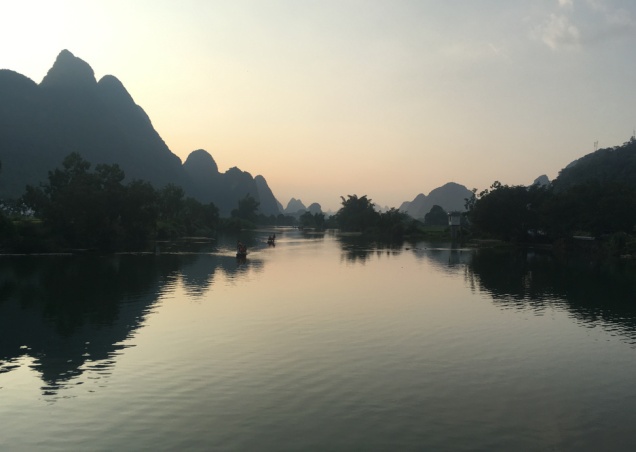
So now, 9 years after my 2009 semester abroad trip, I FINALLY made it to Guilin (Yangshuo specifically) and was not disappointed. It was worth the decade long wait… Yangshuo in the summer is the most beautiful place I’ve visited in China these two years. 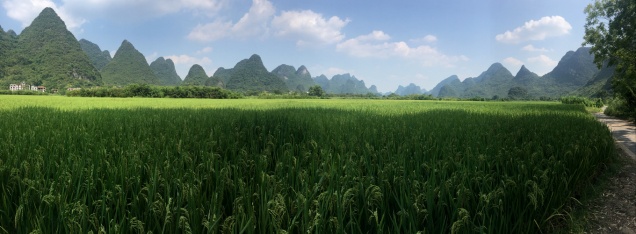
Endless rice fields, karst mountains jutting out of the earth in all sorts of shapes and sizes, small villages squeezed between hills and streams, all lined with easy bike trails for the avid explorer.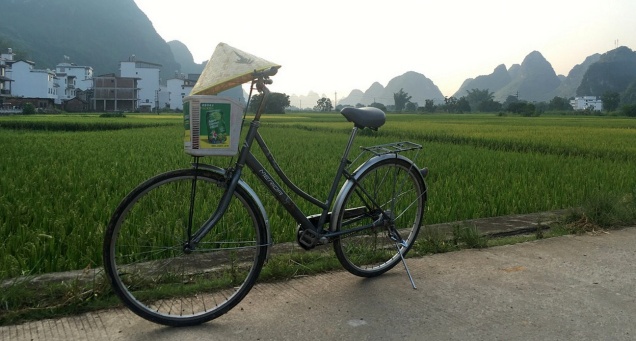
Yangshuo is well developed from the tourism front- a hotel for foreigners in China (foreigners are sometimes required to stay in separate hotels, especially the further west you go) costs over $70 USD in areas like Qinghai (where three police banged on my door in the middle of the night to check my passport). Here, decent hotels were under $30 USD a night, no pesky police in site.
Full day bike rentals were also inexpensive- I paid just 15 RMB ($2 USD) to rent a bike at a shop across the street from where I stayed. The dozens of bike rental storefronts here have helped drive down prices (whereas in Menyuan Qinghai, I paid 100 RMB per day at a monopoly of a bike rental shop)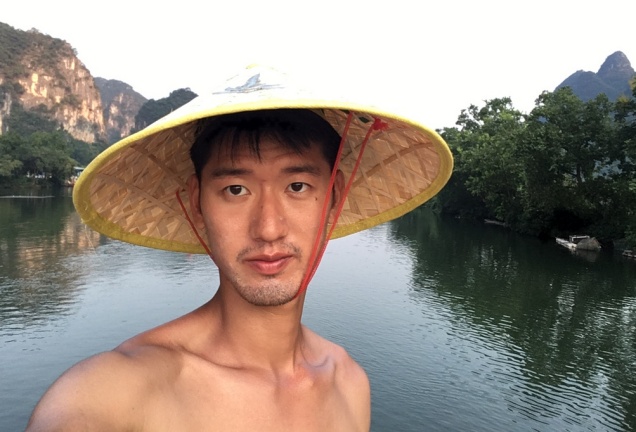
Anyway, the four day trip was refreshing and fulfilling, a break from the brownness and yellowness of my desert life in Gansu. The weather was sweltering and humid, but I didn’t mind – I spent entire days biking around shirtless to keep cool and perfect my tan.
I was hesitant to take part in an hour long touristy raft experience, but was glad I did it. I locked my bike at the south end of the river, jumped on the back of a middle-aged woman’s moped (she hooked me up with tickets) and rode north for several kilometers before arriving at a wharf to board a bamboo raft, life vest and all.
It was great to take in the view on the slow moving river, to leisurely and lazily soak in all the sights and sounds of nature. As much as I love biking, it’s never a bad thing to sit, relax and not pull out my phone to check google maps for an entire hour. 
I let my feet dabble in the water for a while, and asked the guy who was paddling my raft if he would ever swim these waters. He said absolutely not – the river was full of raw sewage from all the homes lining the nearby streams. Immediately, I plucked my feet out of the E.coli infested waters…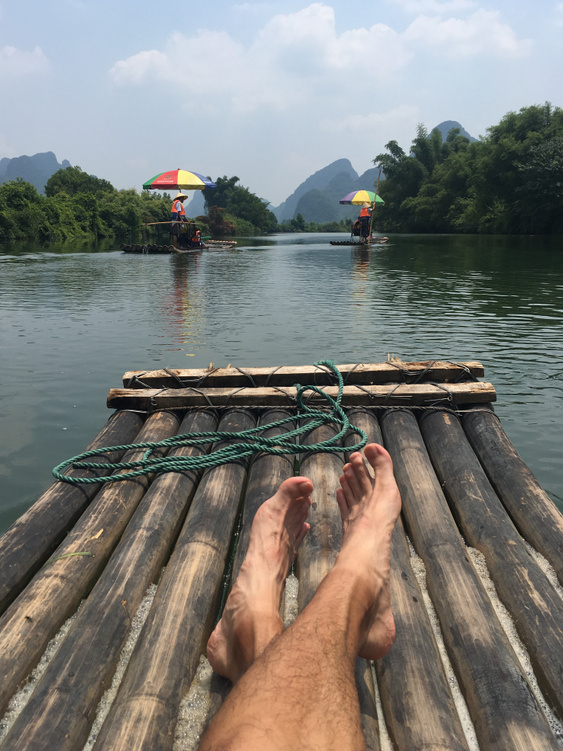
The nearby villages provided a peek at what life here was like before urbanization, globalization and digitization hit China hard. times were quieter, earthier, and more enjoyable to say the least.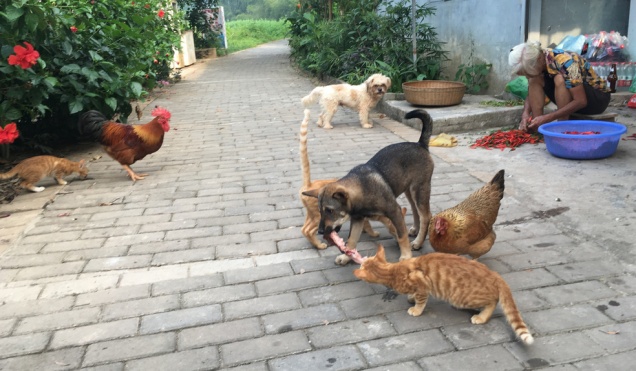
Hens and roosters prodded at the dirt roads, cats and dogs fought over shreds of leftover fish that their owner had just discarded from preparing dinner, and elderly women were hunched over on the ground, laying out piles of chili peppers to dry.

Moon Hill was also impressive, a sweaty half hour hike up hundreds of steps to see (not surprisingly) a moon-shaped hill, with a pleasant view of the countryside from above. 
In Yangshuo it was common to see girlscouts selling ice pops for a couple kuai. (the boxes read: mung bean ice pops, flavor of childhood!) and the girls would wear their hair in adorable braids and put on a Mao era hat, tie, and shirt.
I didn’t think much of it, but after posting a photo on weChat, an elderly couple I met months ago left a comment that sent chills down my spine: 服装让我想到那个年代的历史不堪回首,而这些天真无知的孩子却全然不知只是作秀吸眼球
“their uniforms remind me of that time period in history… the memories that I cannot bear to recall… these days the kids have no knowledge of any of that, they just wear it to attract attention”
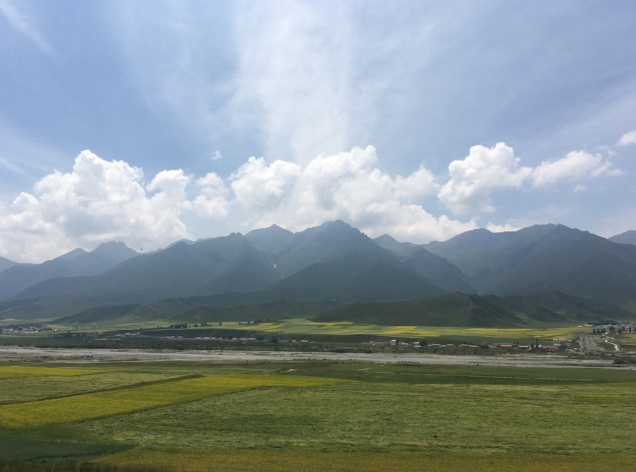
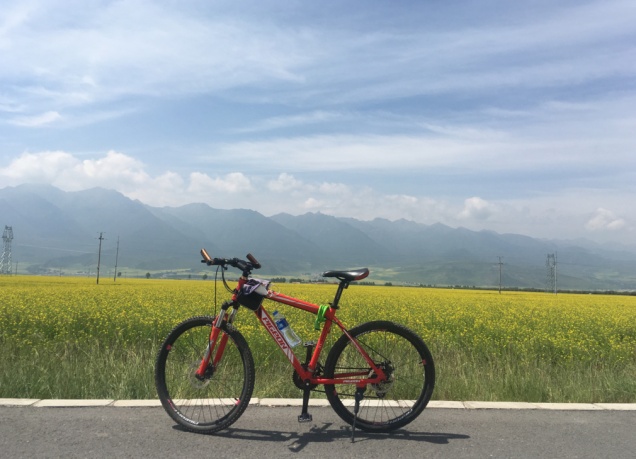







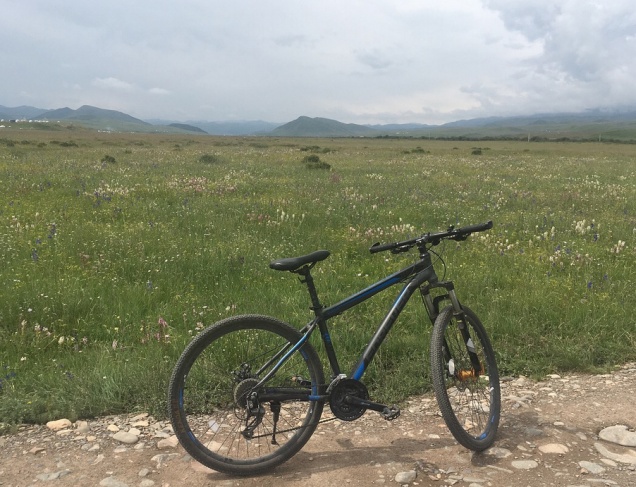




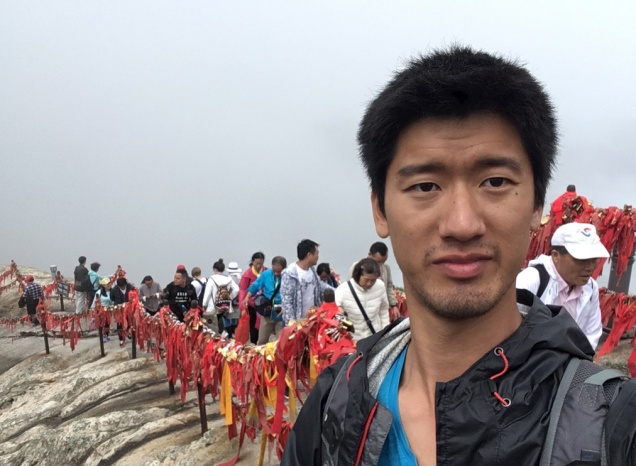

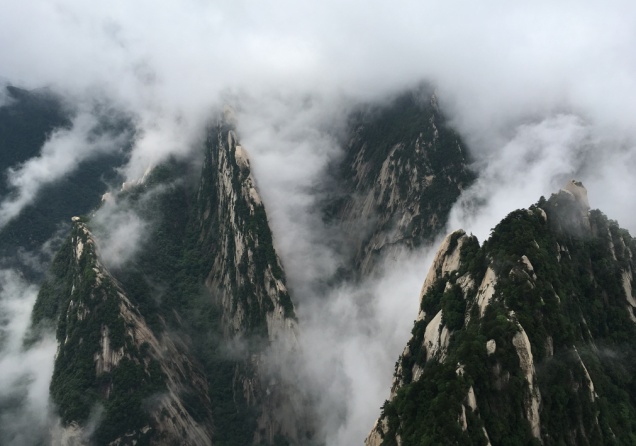


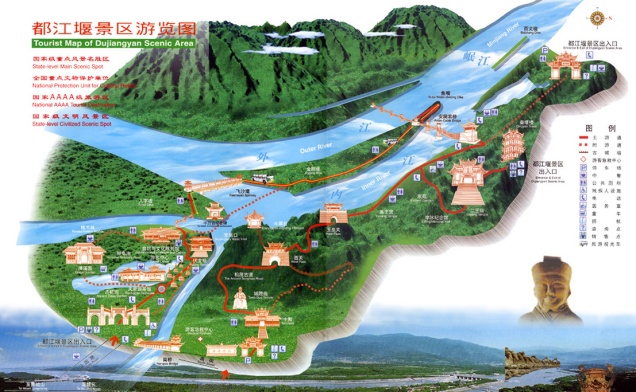 I’m not a hydraulic engineer, and sometimes it’s better to just admit defeat, smile and take selfies.
I’m not a hydraulic engineer, and sometimes it’s better to just admit defeat, smile and take selfies.
